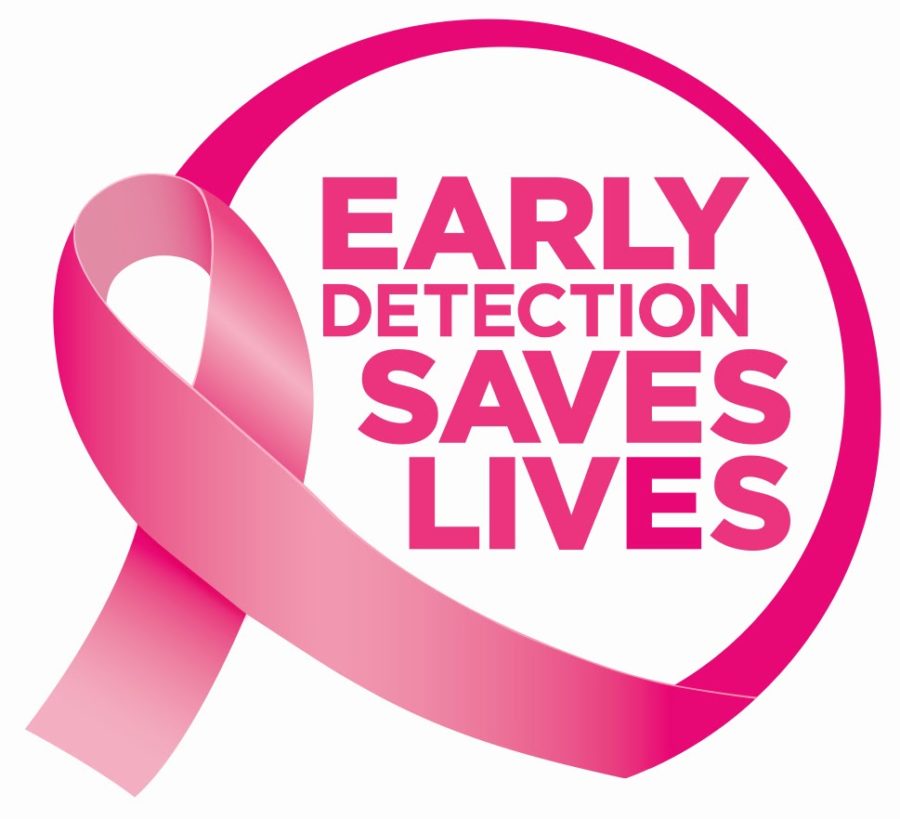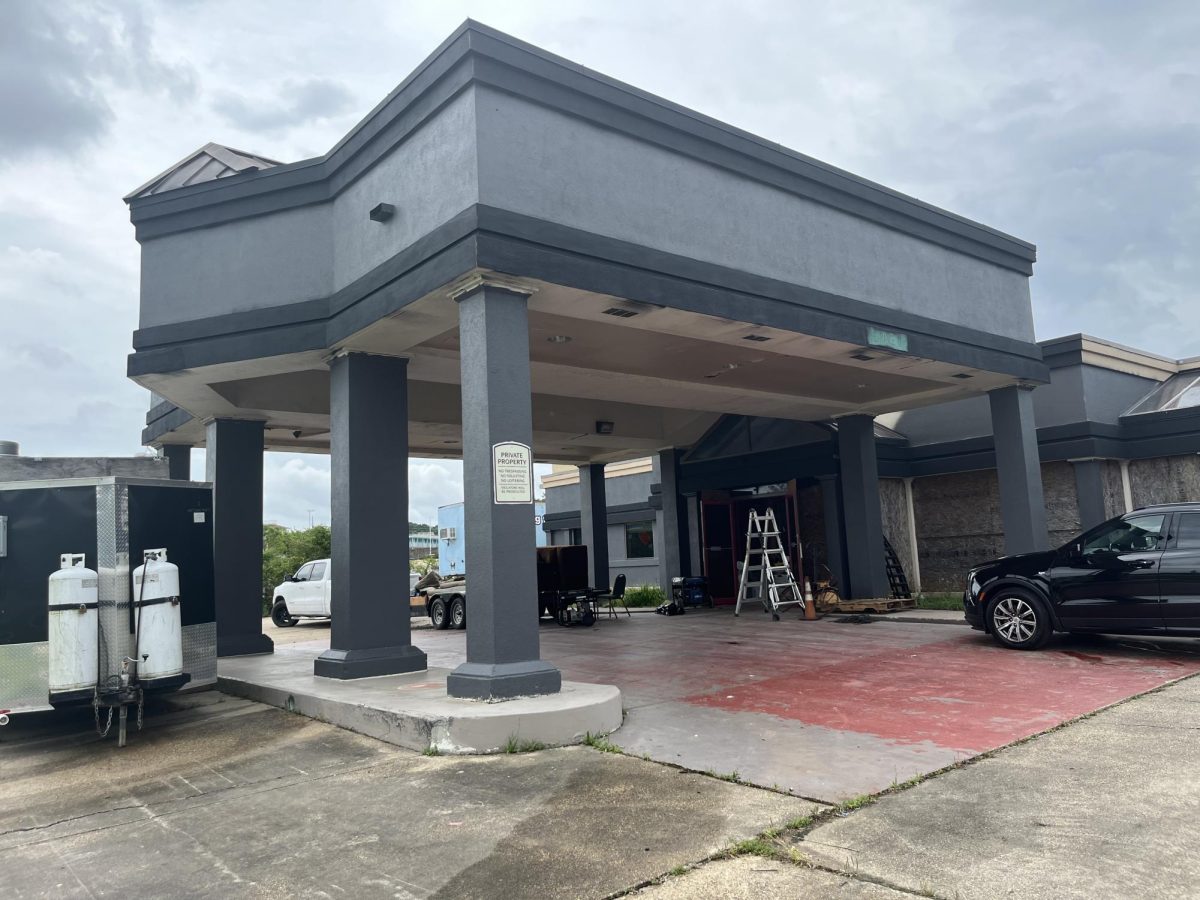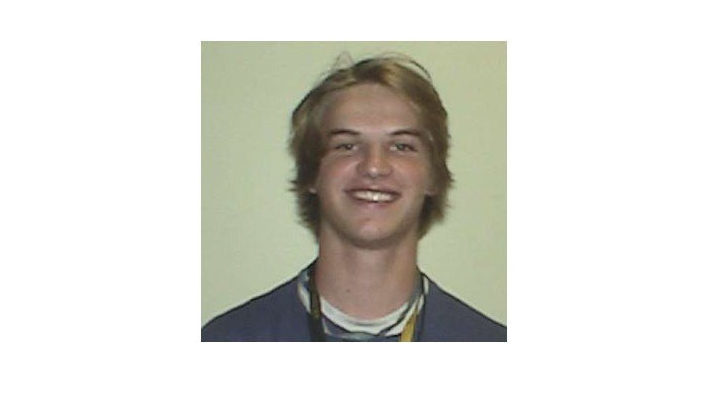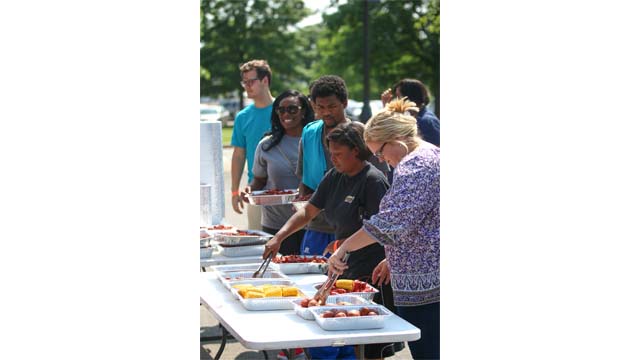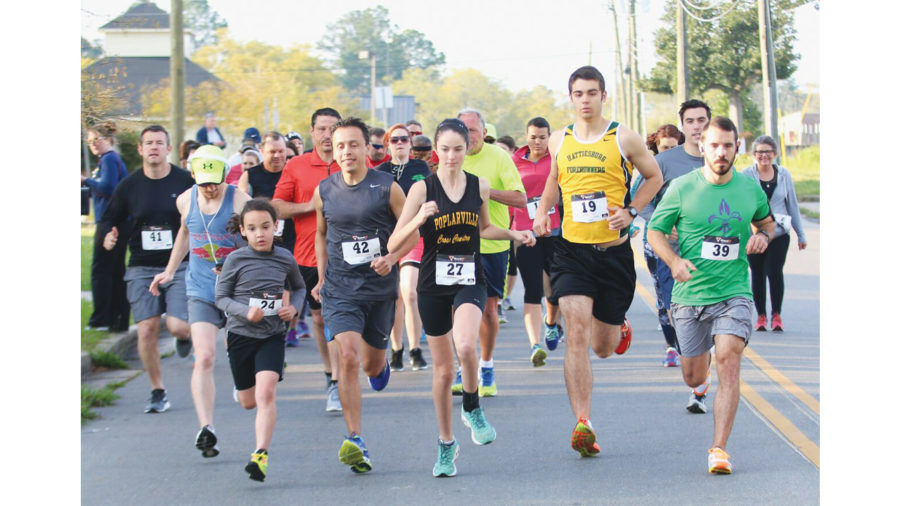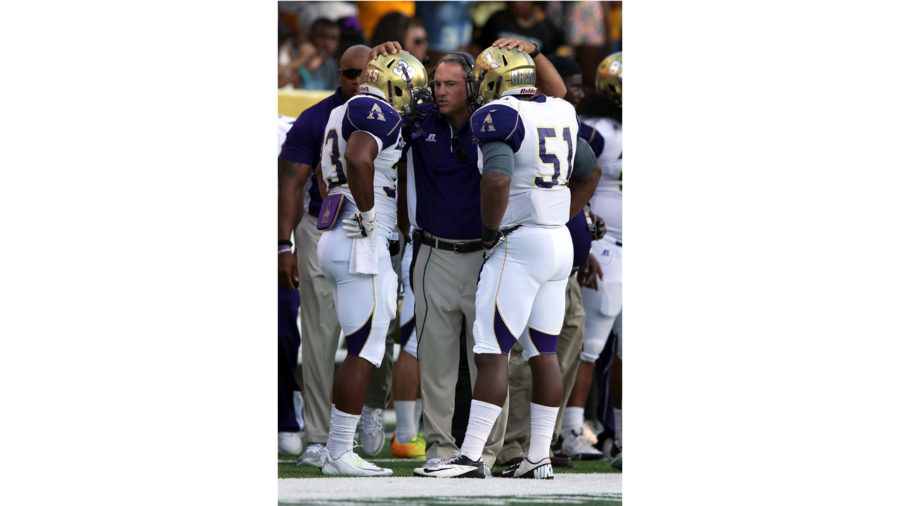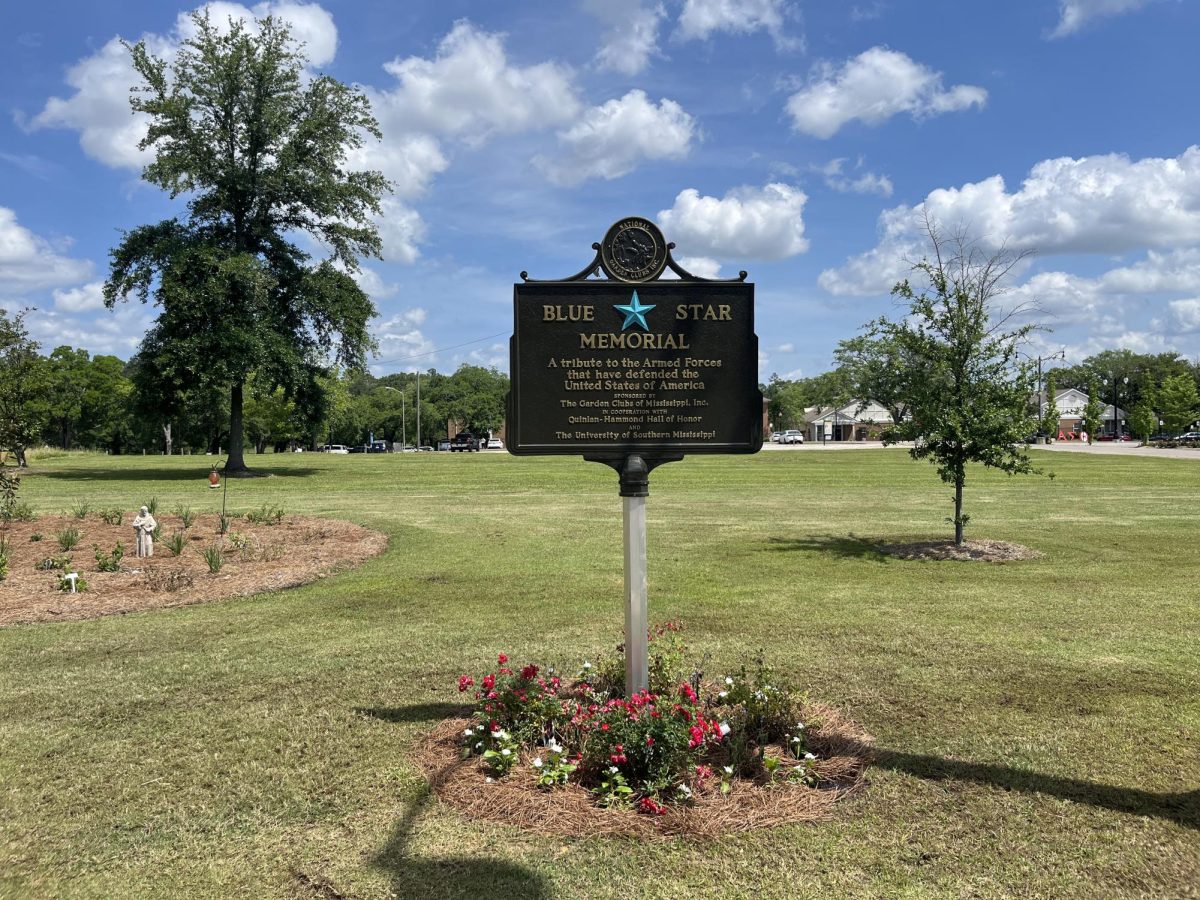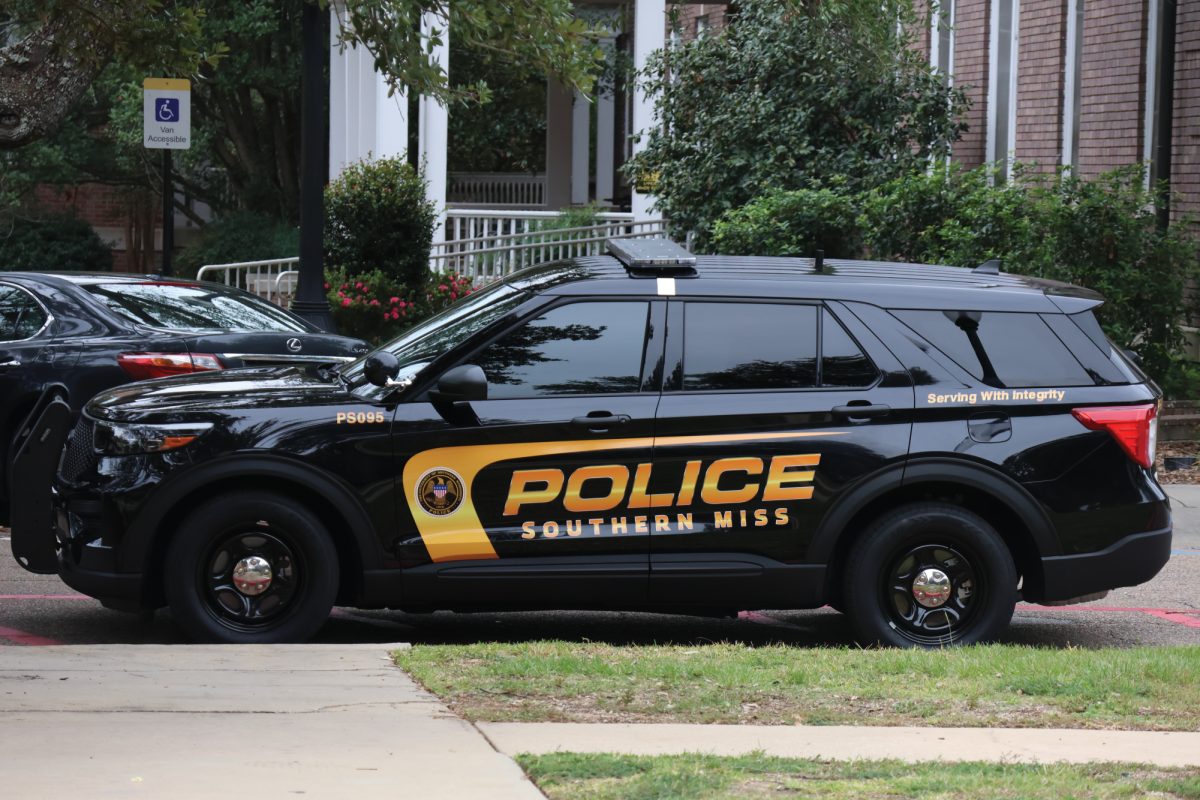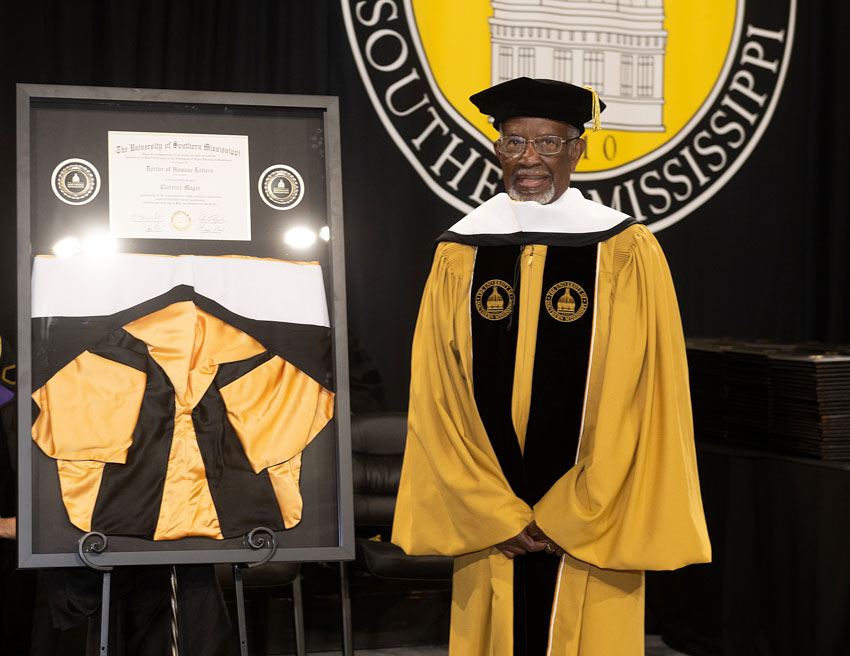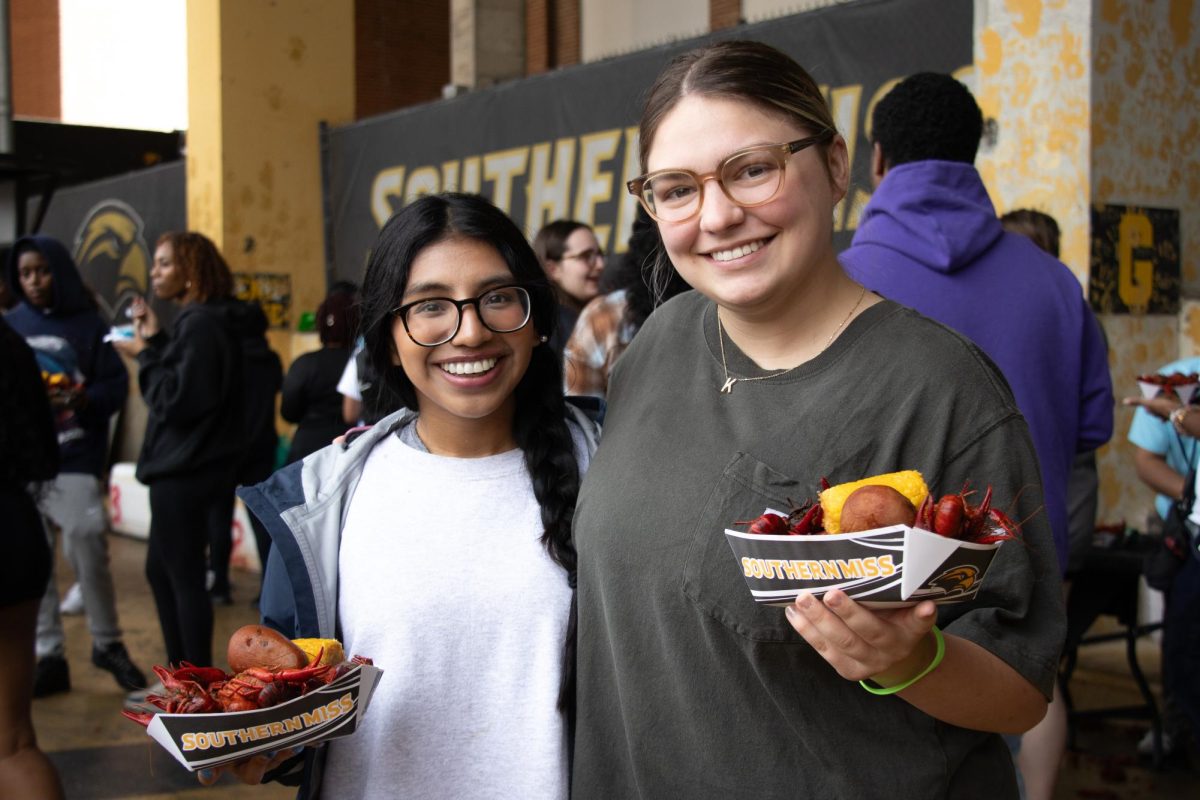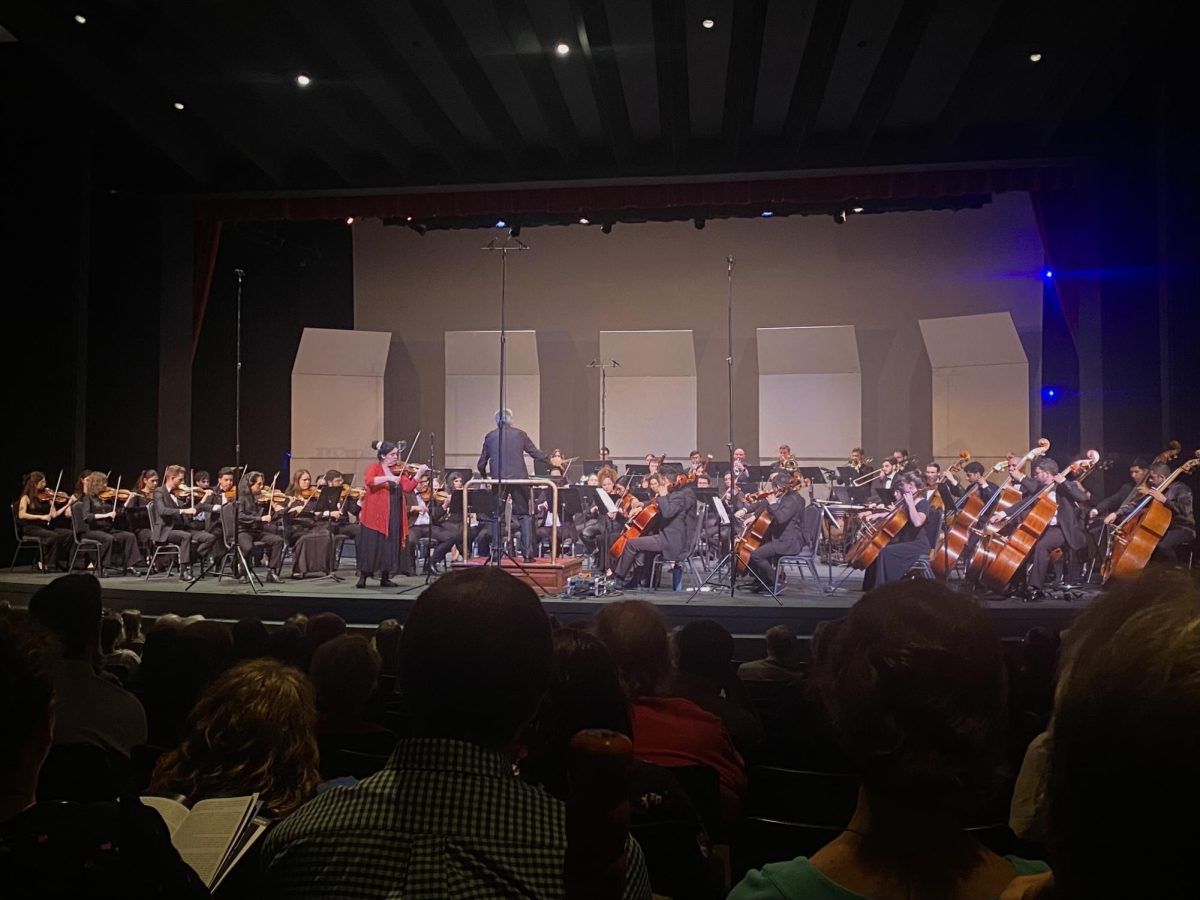October is the month of the pink ribbon—Breast Cancer Awareness Month.
What students should know as they don pink socks, t-shirts and bandanas is that 70,000 people between the ages of 15 and 39 are diagnosed with cancer every year.
Irene Frederick, academic director of health care leadership at the University of Denver, said that women of all ages should be aware of the risk.
“There is never a time period in any woman’s life where the complaint of a breast mass should be dismissed,” Frederick said. “There is a lot of downplay, but the rule of thumb is that you never know.”
The solution is to not only raise awareness, but to educate women on how to check for early symptoms.
“I would hope that not only young women’s awareness of the possibility of breast cancer improve, but the physician’s awareness as well,” Frederick said.
Susan Brown is the director of health education at Susan G. Komen for the Cure, a non-profit organization dedicated to raising awareness and funds for women with breast cancer. Brown says battling breast cancer can be much harder for a younger woman and the psychological effects last longer.
“(Women in their 20s) should be facing other decisions—finishing school, thinking about starting a family,” Brown said. “One survivor I know who was diagnosed at a young age thought about breast cancer every day after her diagnosis, and still thinks about her possible mortality even though she survived 20 years ago.”
Anna Katherine Peel, a sophomore elementary education major and Chi Omega sister, watched her mother battle breast cancer. It is an emotional and defeating experience.
“It spreads so fast,” Peel said. “It makes you feel like you have no pride left. Who wants to lose all their hair? And chemotherapy is so terrible. The whole journey is just horrific.”
Imagining having breast cancer in college, Peel discussed what she would lose as a result. “I would have to give up my dream of being a kindergarten teacher,” Peel said. “I also feel like once I stopped going to college, it would be hard to go back.”
Although it would be a long journey Peel has no doubt that she would have support from her on-campus family. “If my sorority found out I had breast cancer, they would have my back no matter what. If I had to go the hospital out of state, they would drive. I would have so much support from them, but it would still be hard.”
For other women at USM, it is hard to even picture walking in those shoes. Anne Tullos, a sophomore speech pathology major, finds it hard to speculate what her reaction may be to a cancer diagnosis.
“It’s hard for me to put myself in that place because I’ve never known anyone my age with breast cancer,” Tullos said. “Most of the people I know who have gotten it have been older.”
She can guess that her biggest regret would be missing out on the picturesque college experience.
“This would be an awful time to get it,” she said. “College is an important, vital time of life. It would take away from having that experience and that is what I would regret most.”
Breast cancer is often associated with women, but it should be pointed out that men are also at risk. Men who suffer from breast cancer are very rare, but the disease is just as life-threatening for them as women. In some cases, it can be more fatal because men with breast lumps dismiss the possibility of cancer until it enters later stages.
Alexander Tummers, lieutenant commander in the U.S. Navy and assistant department head for General Surgery at Naval Hospital Camp Lejeune said that being awareness is vital for men at risk.
“The fact that most men aren’t aware that they can get breast cancer is the biggest stumbling block to early detection,” Tummers said. “There is a stigma with men and breast cancer because men automatically think that it is a woman’s disease, so male breast cancer is often caught at a much later stage.”
As students pull out pink attire to honor Breast Cancer Awareness month, men and women of all ages should recognize the risk and learn how to check for masses in the breast as an act of prevention.































